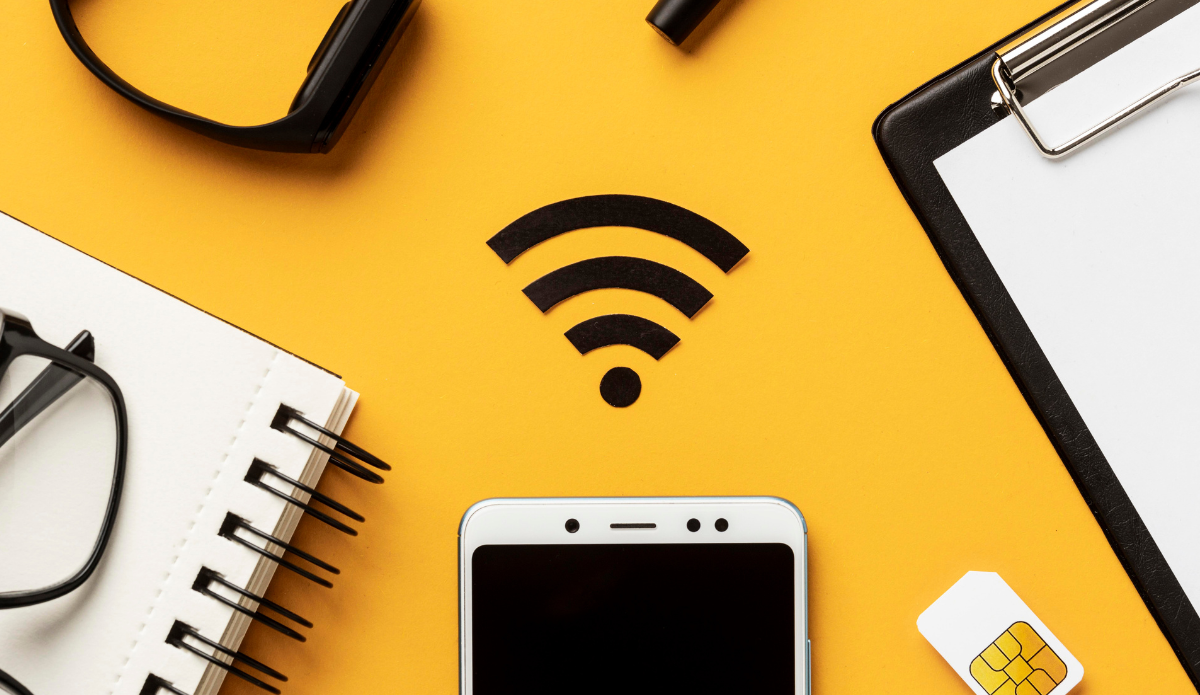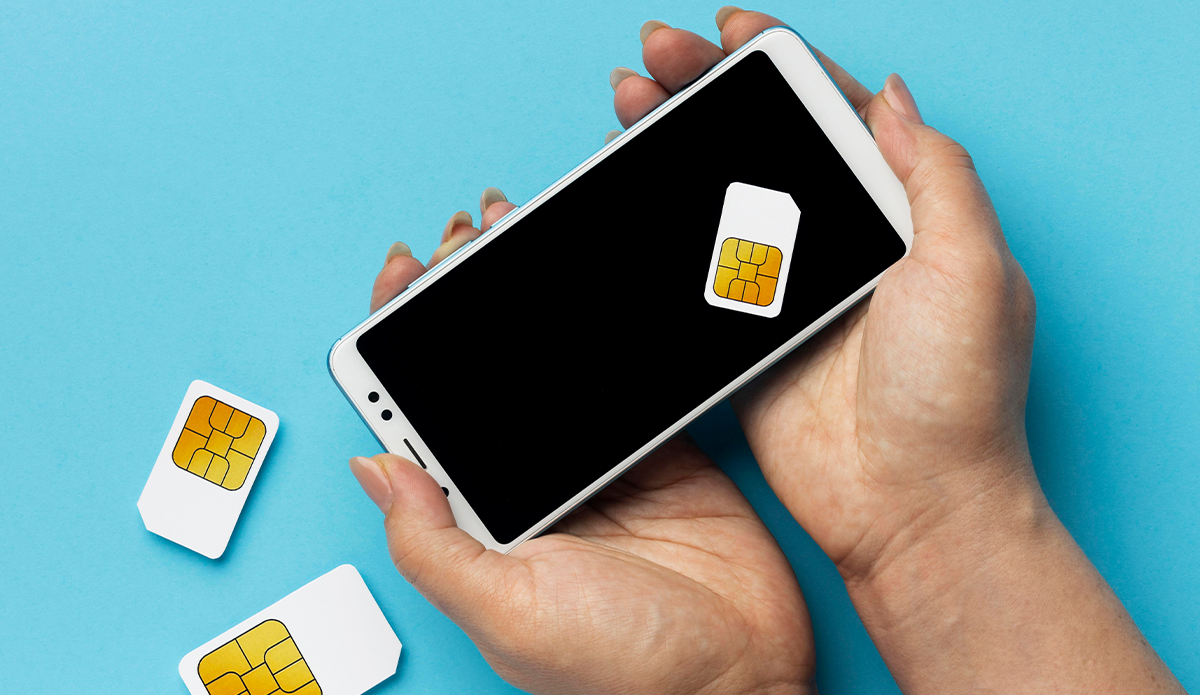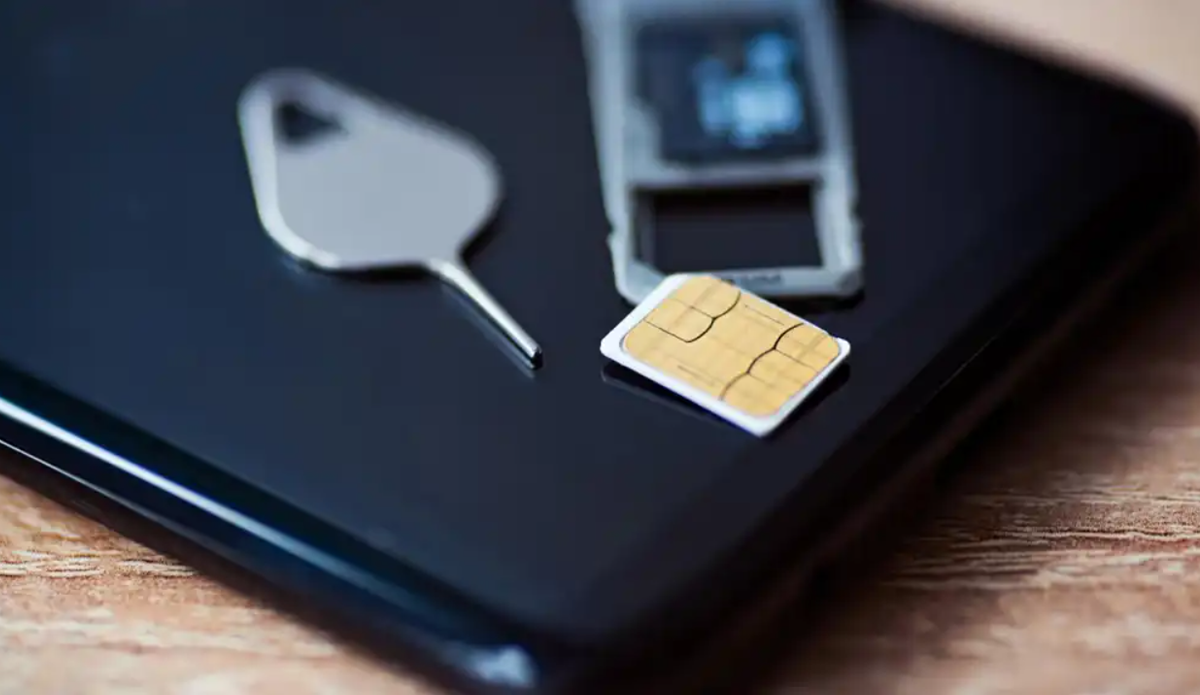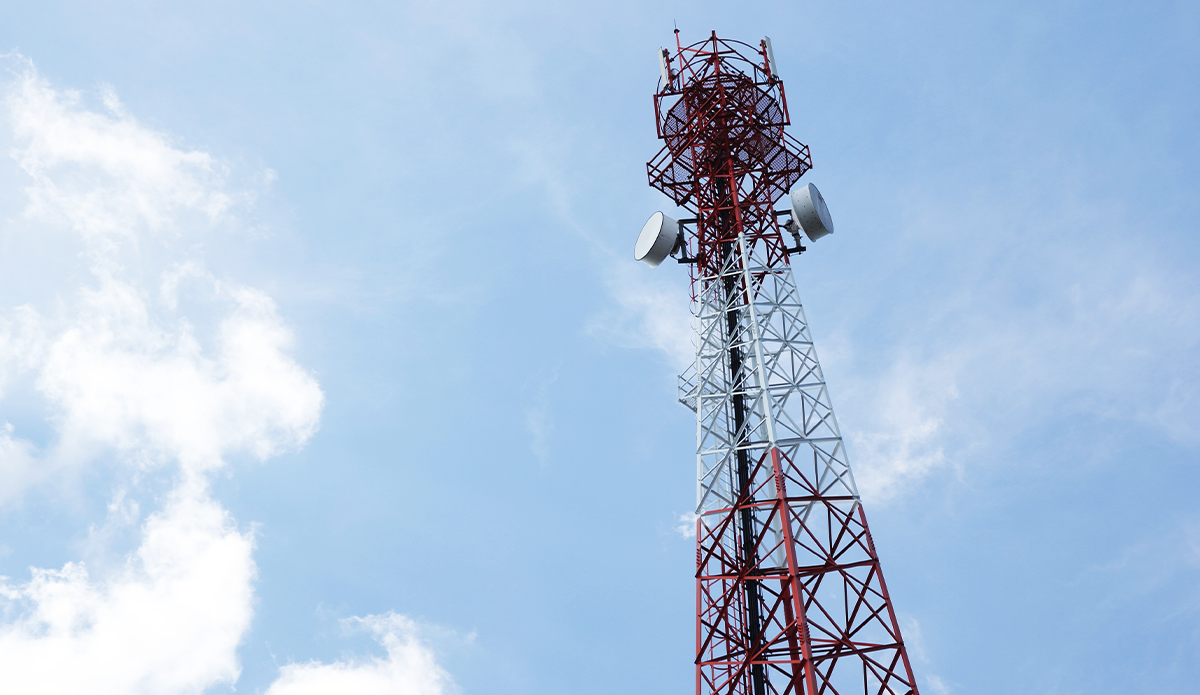Our Finance Tips for 2024
In 2024, as living costs continue to rise, it’s crucial to examine our money saving habits thoroughly.
For most bill payers, this includes your phone bills, broadband, energy efficiency, and subscriptions.
Aside from obvious money saving strategies, such as budgeting, we’ve highlighted a few less common hacks to help you save money.
Let’s explore some strategies to optimise money saving for each category:
Phone Expenses
With mobile phone ownership exceeding 90% and landline usage declining, it’s time to reassess our phone bills. Here are some tips to consider:
- Check your contract status to see if you’re overpaying.
- Explore options like switching providers or negotiating better deals.
- Consider social tariffs for cheaper broadband if eligible.
- Opt for SIM-only plans, especially if you own a handset.
- If you still rely on your landline, bundle your services to save up to 34%.
Broadband Bills
A more complex tip which involves initial costs before money saving is transitioning to fibre broadband.
Overall, it offers better value in the long run, providing faster speeds when most needed.
This is especially true if you experience losses due to poor broadband. This includes not being able to work remotely, or having a smart home security hub that frequently drops out or disconnects.
To read more please visit our previous blog post.
Other ways to optimise your broadband expenses include:
- Negotiating your broadband deal strategically, especially when your contract is ending or during promotional periods.
- Research competitor offers and use them as leverage during negotiations.
- Clearly express dissatisfaction with your current package and your willingness to switch providers if necessary. This can sometimes lead to compensatory money.
- Highlight your loyalty as a long-term customer to inquire about loyalty discounts.
- Utilize online tools and forums for additional support and guidance.
Energy Efficiency
Improving energy efficiency not only lowers utility bills but also reduces environmental impact. Here are some energy-saving tips:
- Invest in energy-efficient appliances like LED light bulbs and smart thermostats.
- Ensure proper home insulation to prevent heat loss.
- Optimise heating and cooling by adjusting thermostat settings and installing programmable thermostats.
- Adopt energy-saving habits in your daily life. This includes turning off lights and electronics when not in use.
- Use your washing line or clothes maiden instead of a tumble drier.
- Explore renewable energy sources like solar panels or wind turbines.
Subscriptions
Managing subscriptions efficiently can lead to significant savings. Here are some of our helpful tips:
- Regularly review your subscriptions to assess their value.
- Bundle services for discounts.
- Negotiate better deals with subscription providers.
- Take advantage of free trials to test services before committing.
- Share subscription accounts with family or friends to split costs.
- Opt for annual payments for additional discounts.
- Keep track of renewal dates and use discounts or coupons to save money.
- Downgrade plans if you’re not fully utilising higher-tier subscriptions.
- Explore free or lower-cost alternatives to paid subscriptions.
By implementing these strategies, you can better manage your budget and achieve long-term financial stability in 2024 and beyond.
Which Expenses are Going up in 2024?
Unfortunately, annual inflation is common – and 2024 will be no exception.
We’ve covered the main household costs due to soar this year and advised on how to counteract them.
Council Tax
Council tax, a major monthly expense, typically increases in April.
While Scotland enjoys a freeze until April 2025, the rest of the UK awaits news.
Councils in England can hike taxes up to 5% annually, potentially adding £103 to the average bill.
Despite calls for fairer collection methods, missed payments can still lead to consequences.
Explore options like payment rescheduling, hardship relief, tax reduction, or challenging your property’s valuation.
TV Licence Fee
TV licence fees are set to rise to £169.50 in April, a £10.50 increase.
This is below the expected inflation-linked rise, offering some relief.
Renewing before April can lock in the current price.
Additionally, individuals over 75 receiving Pension Credit are eligible for a free licence.
Energy Bills
Energy bills may surge by up to 5% in January due to rising energy price caps.
Mitigate costs by ensuring accurate meter readings, questioning changes, and adopting energy-saving habits.
Mobile and Broadband
Mid-contract price hikes are common in mobile and broadband contracts, with some providers planning increases of over 8% in 2024.
Explore switching to a provider without mid-contract rises or negotiate with your current provider for a better deal.
Insurance Premiums
Home and car insurance premiums have soared, with the average quoted price rising significantly.
Shop around for better deals, consider annual policies, and compare ratings to find the best insurance options.
Mortgages
Mortgage rates have increased, driven by a freeze in the base rate.
Consider switching deals if nearing the end of a fixed term, or, seek advice from a mortgage broker to navigate your options effectively.
We recommend staying in the loop by checking out local money saving sites and news outlets.
Your suppliers also have a duty to inform you about any upcoming price hikes.
Cut your Household Bills With Switch Experts
Ready to find a new fast and affordable broadband provider?
In just a few clicks, we can help you see how much you could be saving on your broadband bills.
Simply search your postcode and browse our latest available deals.







